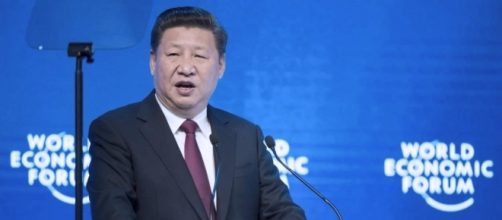While Trump and the Paris accord have been burning up the wires, there is something happening in the background that could be a much larger threat to global monetary stability than anyone realizes. china is currently renegotiating the terms of its oil purchases from Saudi Arabia, and there is something very interesting on the table.
Yuan payments for Saudi crude oil
This detail of their oil purchase agreement may not seem like a big deal, but it is a much larger issue than it looks like at first glance. The US Dollar is wanted for use in the international financial markets partly because it is accepted for the purchase of raw materials in most commodity bourses the world over.
This makes it a necessary part of the commodity procurement cycle, and nations and companies hold dollars for this reason.
The rise of the petrodollar
The US Dollar has enjoyed quite a run as the world reserve currency. The modern monetary system was born in the wake of President Nixon's choice to refuse the exchange of dollars for gold in the 1970's, and it has been a wild ride ever since. One thing that was never really discussed with any great seriousness is what would eventually dethrone the US Dollar, but a major shift in the currencies that commodity exporters were willing to accept would fit the bill.
After the western financial implosion in 2008 China began to establish bi-lateral swap agreements with most of its trading partners, and today it would appear that the next step away from the dollar is taking place.
China is also the largest importer of Crude Oil on the planet, so this is not a small matter in any way.
A Saudi pivot east
In a surprising move, Saudi Arabia recently decided to drop the price of crude exports to China. While the House of Saud is notoriously opaque in their decision-making process, their affinity for the largest importer of crude oil is very apparent. Given their desire to create a positive relationship with China, a turning point in the long standing petrodollar regime may be at hand.
The effects of a sustained movement away from the US Dollar are truly unknown, but we can be quite sure that no one is ready for what a sea-change in the global reserve currency may entail. We don't have any time in history to use as a guide in these matters, but whenever a large shift happens in the monetary system, there are usually significant losses associated with the change.
This could very well be the reason that Saudi Arabia may be willing to diversify its revenue stream, and offset any potential losses from its dollar reserves.


